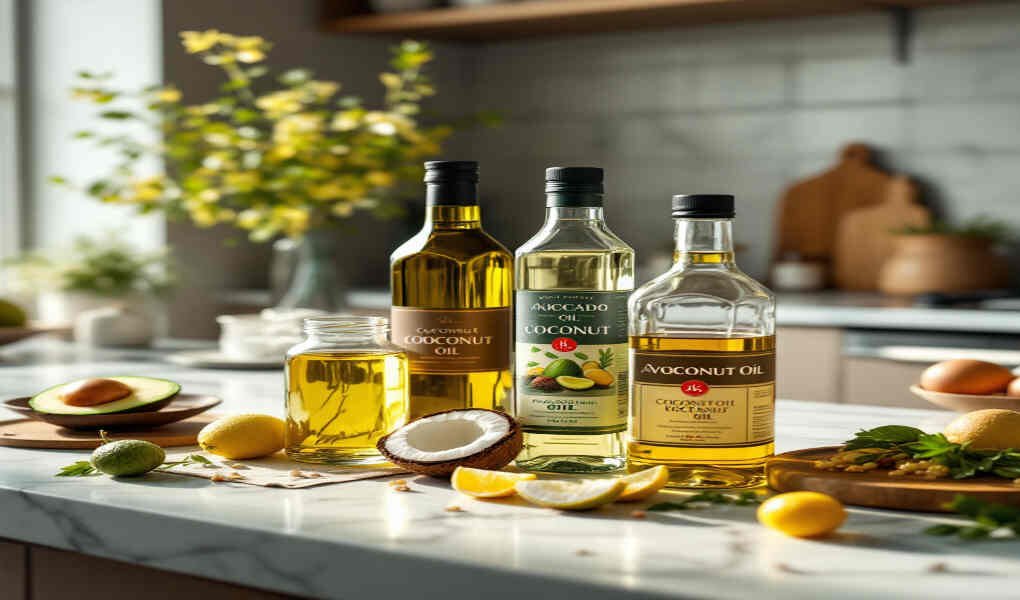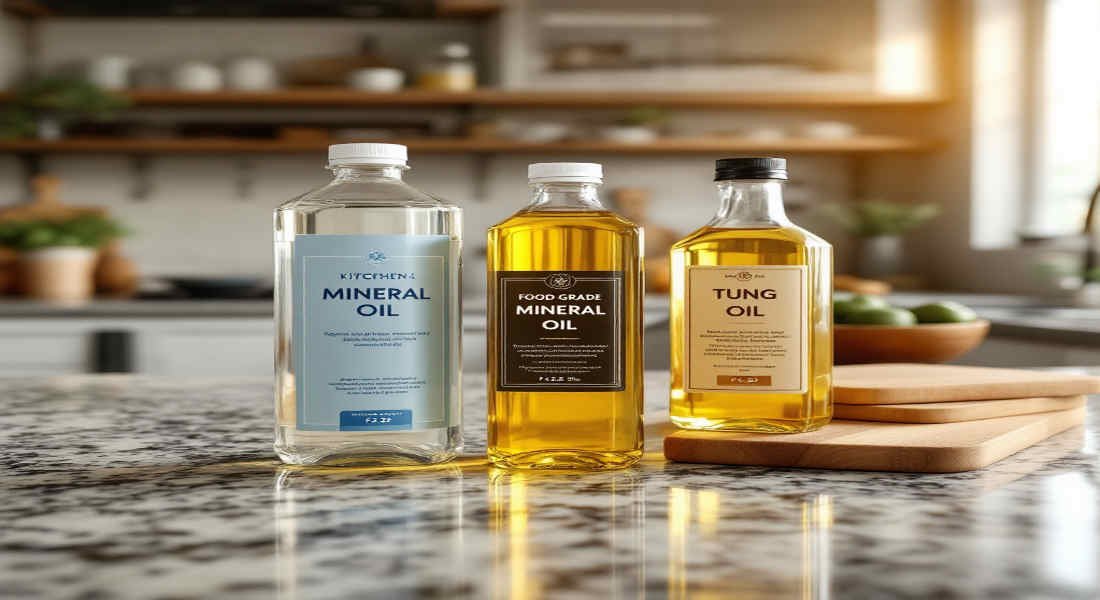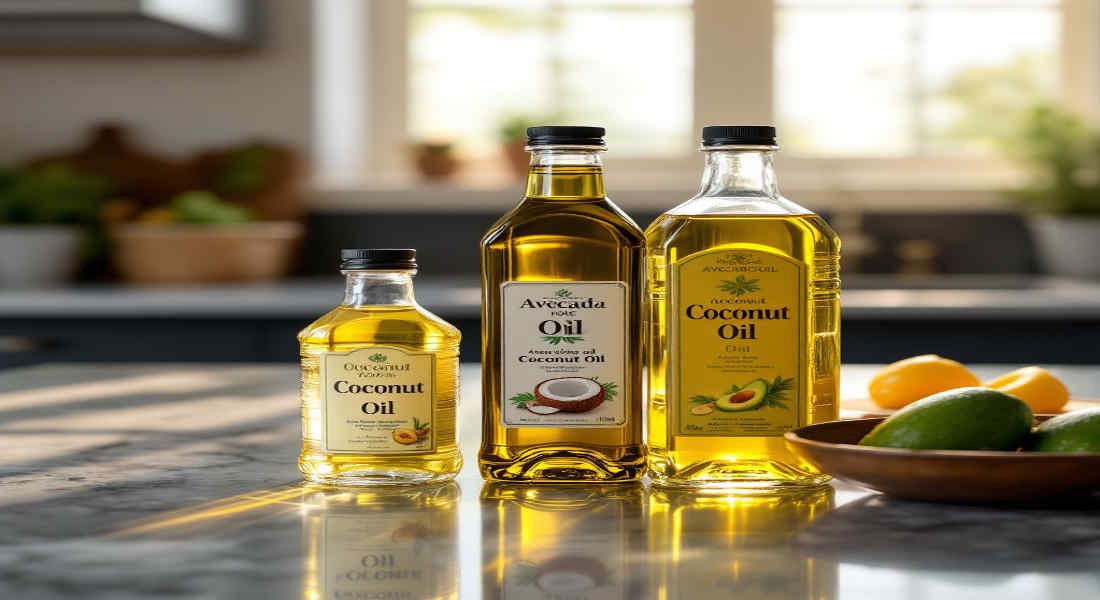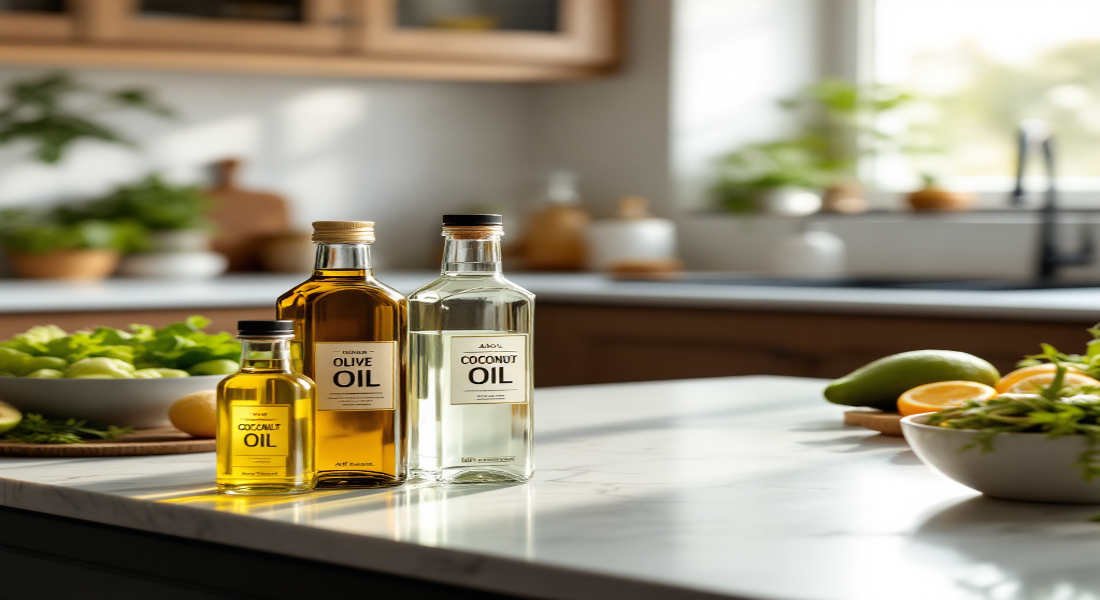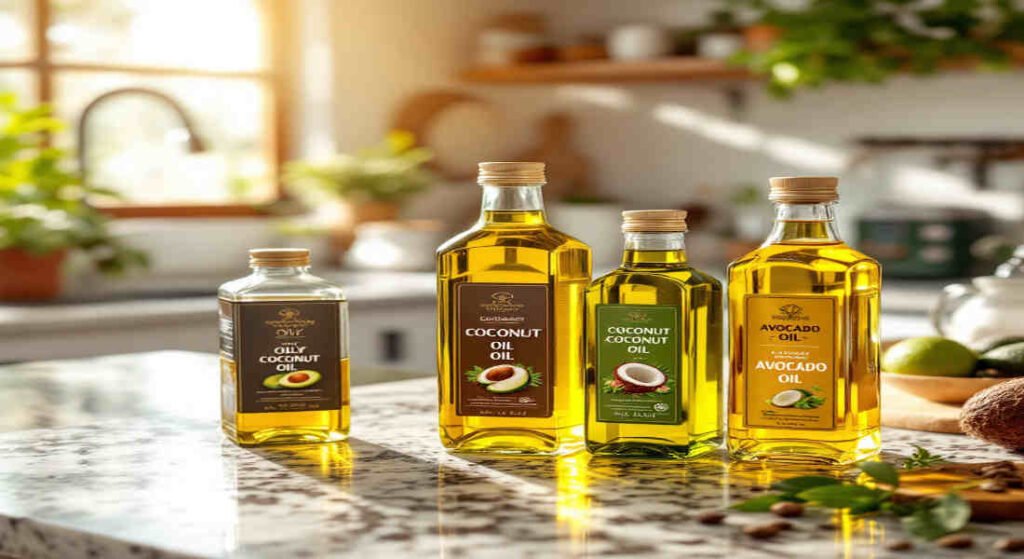Your kitchen worktop is more than just a surface. It’s a space where meals are prepped, conversations are shared, and memories are made. However, with daily wear and tear, your worktop can lose its charm and durability if not properly cared for. That’s where kitchen worktop oils come in – the unsung heroes of maintaining and protecting your wooden surfaces.
Choosing the right worktop oil is essential for enhancing durability, maintaining appearance, and ensuring food safety. With so many options available, homeowners often wonder, “Which house kitchen worktop oils which is best?.
Understanding Kitchen Worktop Oils
What Are Kitchen Worktop Oils?
Kitchen worktop oils are specially formulated finishes designed to protect and enhance wooden surfaces. They penetrate deep into the wood, protecting it from moisture, stains, and daily wear while highlighting its natural grain and beauty.
Unlike varnishes or lacquers that sit on the surface, oils seep into the wood, nourishing it from within and creating a subtle, natural finish.
Benefits of Oiling Wooden Kitchen Worktops
Oiling your wooden worktop offers several benefits:
- Protection Against Moisture and Stains: Oils create a water-resistant barrier that prevents spills from seeping into the wood.
- Enhanced Appearance: They bring out the natural beauty of the wood grain, making it vibrant.
- Durability: Regular oiling prevents cracking, warping, and damage, extending the lifespan of your worktop.
- Food Safety: Many oils are food-safe, ensuring your kitchen remains hygienic.
Oils Vs. Varnishes Vs. Lacquers
Here’s a quick comparison:
FeatureOilsVarnishesLacquers
Penetration Deep into the wood Surface-level seal Surface-level seal
Finish : Natural and subtle, Glossy or satin Glossy
Maintenance: Easy to reapply. Requires sanding before reapplication. Difficult to reapply.
Food Safety : Often food-safe , Not always , Rarely food-safe
Choosing oils for your kitchen worktops ensures a natural finish that’s easier to maintain and safer for food preparation.
Key Factors to Consider When Choosing Worktop Oils
When selecting the best oil for your kitchen worktop, consider the following:
You may also read (kitchen cabinet door at home).
Food Safety Certification
Always look for oils certified as food-safe. This ensures that the oil won’t release harmful chemicals into your food preparation area.
Penetration and Drying Time
Some oils penetrate deeper into the wood, providing better protection. However, drying times vary – while some oils dry in a few hours, others may take days.
Water and Stain Resistance
A good worktop oil should repel water and resist stains from common kitchen spills like coffee, wine, and juice.
Finish Type
Decide whether you want a matte, satin, or glossy finish. Satin is the most popular choice for kitchens as it offers a balance between natural and polished aesthetics.
Ease of Application and Maintenance
Choose oils that are easy to apply, even for beginners. Products requiring minimal coats and maintenance are ideal for busy homeowners.
Environmental Impact
For eco-conscious homeowners, opt for oils made from natural ingredients or brands with sustainable packaging.
The 5 Best Kitchen Worktop Oils for Every Home
Osmo Top Oil
Osmo Top Oil is a favorite among homeowners and professionals alike.
- Composition: Made from natural plant oils and waxes.
- Features: Provides a microporous, breathable finish that resists cracking, peeling, and flaking.
- Benefits: Highly durable and water-resistant, protecting against stains from wine, coffee, and juice.
- Finish: Enhances the natural wood color and grain while offering a satin finish.
- Usage Tips: Apply 2–3 thin coats, allowing proper drying time between applications.
This oil is ideal for those seeking a long-lasting, durable solution for their kitchen worktops.
Rustins Danish Oil
Rustins Danish Oil is a classic choice for homeowners.
- Composition: A blend of oils designed to penetrate wood deeply.
- Benefits: Creates a hard, durable, water-resistant seal without forming a surface film.
- Eco-Friendly: Comes in sustainable metal cans.
- Application Advice: Apply with a clean cloth, ensuring even coverage. Buff for a polished look.
For those looking for a durable yet natural finish, Rustins Danish Oil is an excellent choice.
Pure Tung Oil
Pure Tung Oil is perfect for those who prioritize natural and eco-friendly solutions.
- Source: Extracted from the nuts of the tung tree.
- Pros: 100% natural, food-safe, and enhances the wood grain beautifully.
- Cons: Requires multiple coats and has a longer drying time.
- Best For: Hardwood worktops that require a natural finish.
If you’re patient and care about using chemical-free oils, Pure Tung Oil is worth considering.
Ronseal Anti-Bacterial Worktop Oil
Ronseal’s Anti-Bacterial Worktop Oil offers a unique blend for hygienic kitchens.
- Key Feature: Anti-bacterial properties alongside food safety.
- Protection: Resists water and stains while providing a durable satin finish.
- Sizes Available: Suitable for projects of all sizes.
This oil is perfect for households that prioritize hygiene and cleanliness in their kitchens.
WOCA Denmark Worktop Oil
WOCA Denmark Worktop Oil is a premium choice for modern kitchens.
- Composition: Natural oil, food contact safe.
- Finish: Offers a satin finish that enhances and restores wood surfaces.
- Quick Drying: Ideal for busy households.
- Best For: Butcher blocks and kitchen worktops requiring regular care.
You may also read (house kitchen fitting doors).
Comparing the Best Kitchen Worktop Oils
Here’s a side-by-side comparison to help you decide:
Oil Brand/TypeFood SafeDrying TimeFinish TypeWater & Stain ResistanceBest For
Osmo Top Oil Yes Moderate Satin Excellent Long-lasting kitchen use
Rustins Danish Oil Yes Moderate Natural Very Good Durable protection, easy upkeep
Pure Tung Oil Yes, Long Natural , Good , Natural finish enthusiasts
Ronseal Anti-Bacterial Yes, Moderate Satin, Good , Hygiene-conscious kitchens
WOCA Denmark Oil Yes Quick Satin Good Butcher blocks, regular use
How to Apply Kitchen Worktop Oil for Best Results
Step-by-Step Guide:
- Preparation: Clean the surface thoroughly and sand if necessary.
- Application: Use a soft cloth or brush to apply a thin, even coat of oil.
- Drying Time: Allow the oil to dry as per product instructions before applying additional coats.
- Maintenance: Reapply oil every 6–12 months to keep the surface in top condition.
You may also read (what does kp mean in a home kitchen setting).

